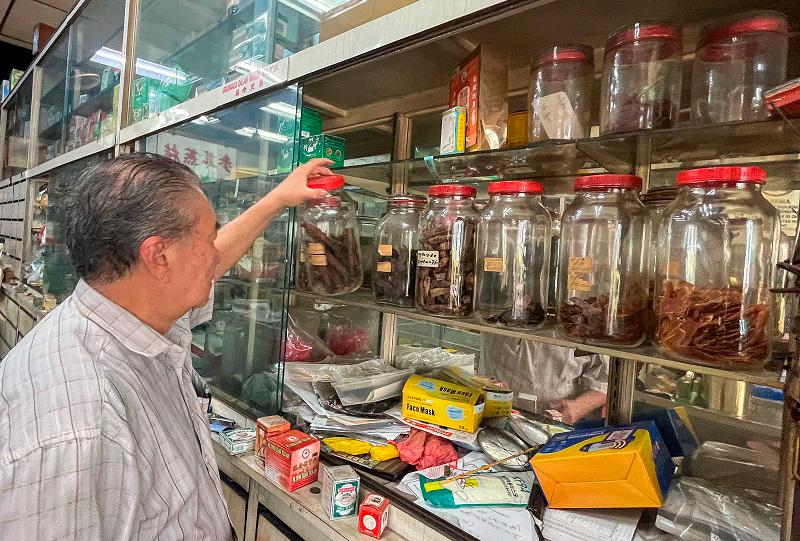PETALING JAYA: A drug researcher has proposed the establishment of a dedicated committee to oversee the approval and use of herbal medicines in Malaysia, alongside the creation of a comprehensive directory of safe herbal remedies for public reference.
Universiti Sains Malaysia Centre for Drug Research Associate Professor Dr Darshan Singh Mahinder suggested that such measures would empower consumers to make informed decisions and minimise the risks posed by unapproved remedies.
Commenting on the widespread availability of herbal products on online platforms, at pharmacies, Chinese medicine shops and in drug stores, Darshan warned Malaysians to exercise caution when using these remedies, stressing that they are not entirely safe unless supervised by healthcare professionals.
“People often assume that herbs used by their elders without issue are universally safe, but not all herbs are harmless without medical supervision. An individual’s health condition and reaction to certain herbs must be assessed before consumption,” he said.
Darshan also called for health campaigns to raise awareness of the risks associated with unregulated herbal products and to promote the importance of consulting healthcare professionals.
He noted that while many Malaysians believe locally grown herbs used for generations are safe, this is misleading. “Some herbs, such as ketum leaves, have a high potential for abuse when misused. Excessive consumption can lead to dependence and withdrawal symptoms that disrupt daily life.”
He emphasised that herbal remedies should ideally be consumed individually and only under proper medical supervision to ensure safety.
Combining herbs with modern medications or other herbal remedies without medical advice could result in adverse reactions, including seizures or loss of consciousness.
Darshan cautioned against mixing herbs with prescription drugs without professional guidance and raised concerns about imported herbal medicines from poorly regulated markets.
“Consumers often trust products from international sources, but contaminants such as heavy metals and unapproved additives are frequently found in unregulated herbal products.”
He stressed the importance of checking for regulatory approvals, clear product labelling and information on ingredients and potential side effects.
“Products with incomplete labelling or missing registration details are red flags for potentially unsafe remedies,” he said.
Darshan acknowledged the strong cultural influences on herbal medicine use in Malaysia, where many communities rely on traditional practices to treat ailments.
He highlighted the ingrained use of herbs in Asian societies, from traditional Chinese medicine to Malay remedies such as ulam, kacip Fatimah and Tongkat Ali, as well as ayurvedic treatments in the Indian community.
While these practices hold cultural significance, Darshan argued for a balance between tradition and scientific validation.
“There is potential for integrating herbal medicine into modern healthcare systems. Some private hospitals in Malaysia have already incorporated herbal remedies into their services and I believe this trend will continue to grow.
“Science has shown that herbal medicines can offer therapeutic benefits with fewer toxic effects compared with synthetic drugs. With Malaysia’s rich biodiversity, there are opportunities to develop a robust herbal medicine industry.”
However, he pointed out that some people are overly suspicious about the potential benefits and risks of herbal medicines, while others are misled into believing they are quick fixes, and if they don’t produce instant results, users would often discontinue them.
“These assumptions reflect a lack of understanding about how herbal medicines work and the time it may take for them to show results. Nonetheless, the bottom line is to use herbal medication with caution and under medical supervision.”









